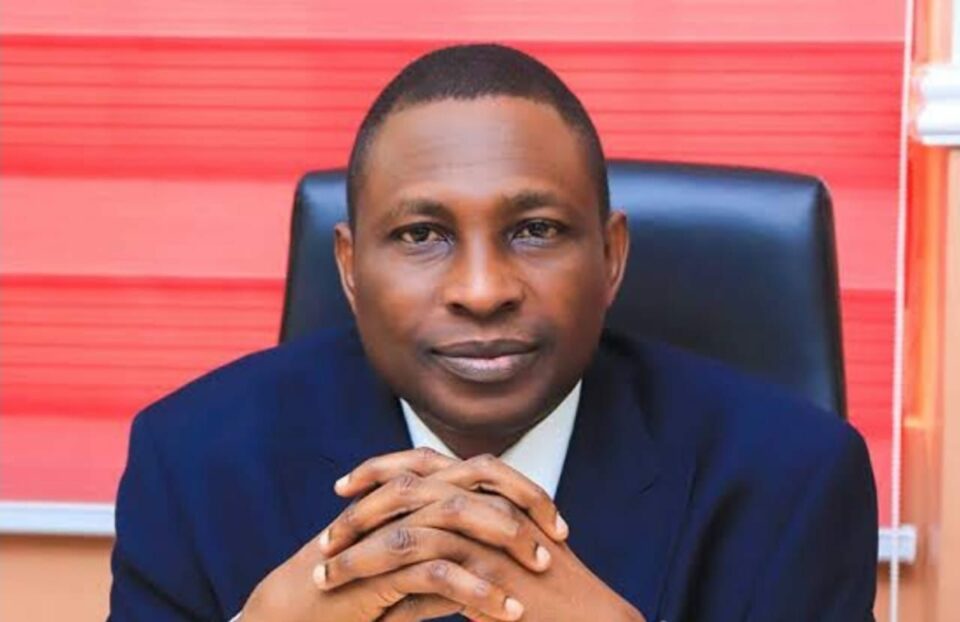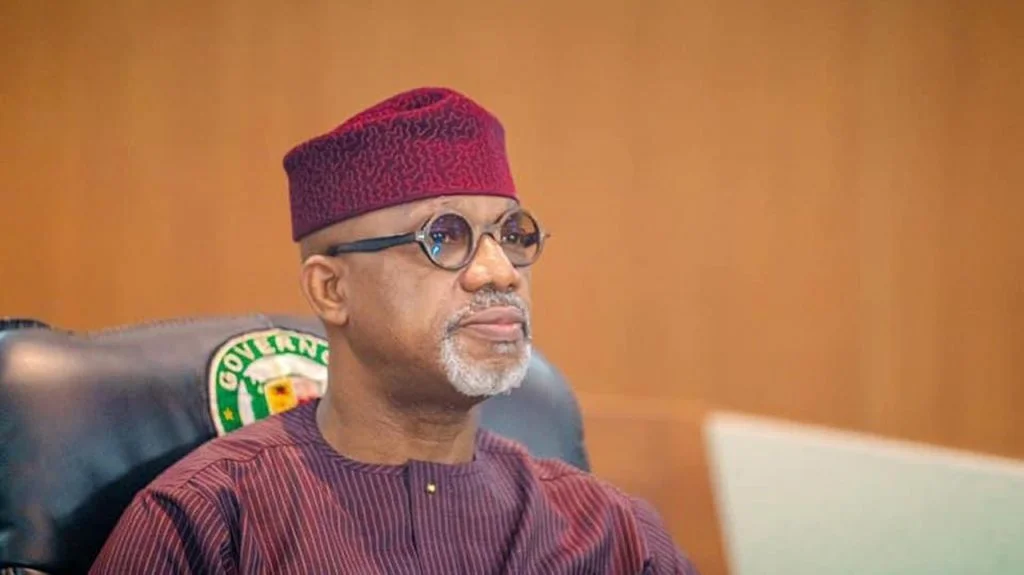EFCC Chairman Counsels Varsity Students Against Internet Fraud

The Executive Chairman of the Economic and Financial Crimes Commission (EFCC), Mr. Ola Olukoyede, has called on students of tertiary institutions in the country to take a proactive stance against internet fraud, just as they did against campus cultism in the past.
Speaking through the Acting Director, Ibadan Zonal Directorate of the EFCC, ACE I Hauwa Garba Ringim, Olukoyede urged the leadership of the National Association of Nigerian Students (NANS) to adopt the same measures that led to a drastic reduction in cultism on campuses to tackle the menace of cybercrime among students.
According to Olukoyede, the fight against cybercrime requires the collective effort of all stakeholders, including students, and it is worrisome that 90 percent of youths arrested for internet fraud are students, including secondary school students.
The EFCC Chairman congratulated the newly elected Coordinator of NANS, Southwest, Comrade Taiwo Owolewa, and urged him to make his tenure standout by fully supporting the EFCC against cybercrime.
He charged NANS to initiate programmes that would sensitize and re-orientate students to shun corruption and cybercrime, and focus on their studies and explore legitimate ways of making money.
In response, Owolewa thanked the EFCC for its efforts in guiding students away from cybercrimes and pledged that NANS would lend its voice and take actions to combat the menace on campuses.
He disclosed that programmes are ongoing on campuses to sensitize students on legitimate self-reliance and adopting the willingness to blow the whistle on any perpetrator of internet fraud among students.
The meeting between the EFCC and NANS leaders is seen as a significant step towards tackling the growing menace of internet fraud among students in Nigeria.
With the collaboration of students and the EFCC, it is hoped that the country can make significant progress in reducing the incidence of cybercrime and promoting a culture of integrity and honesty among young people.








